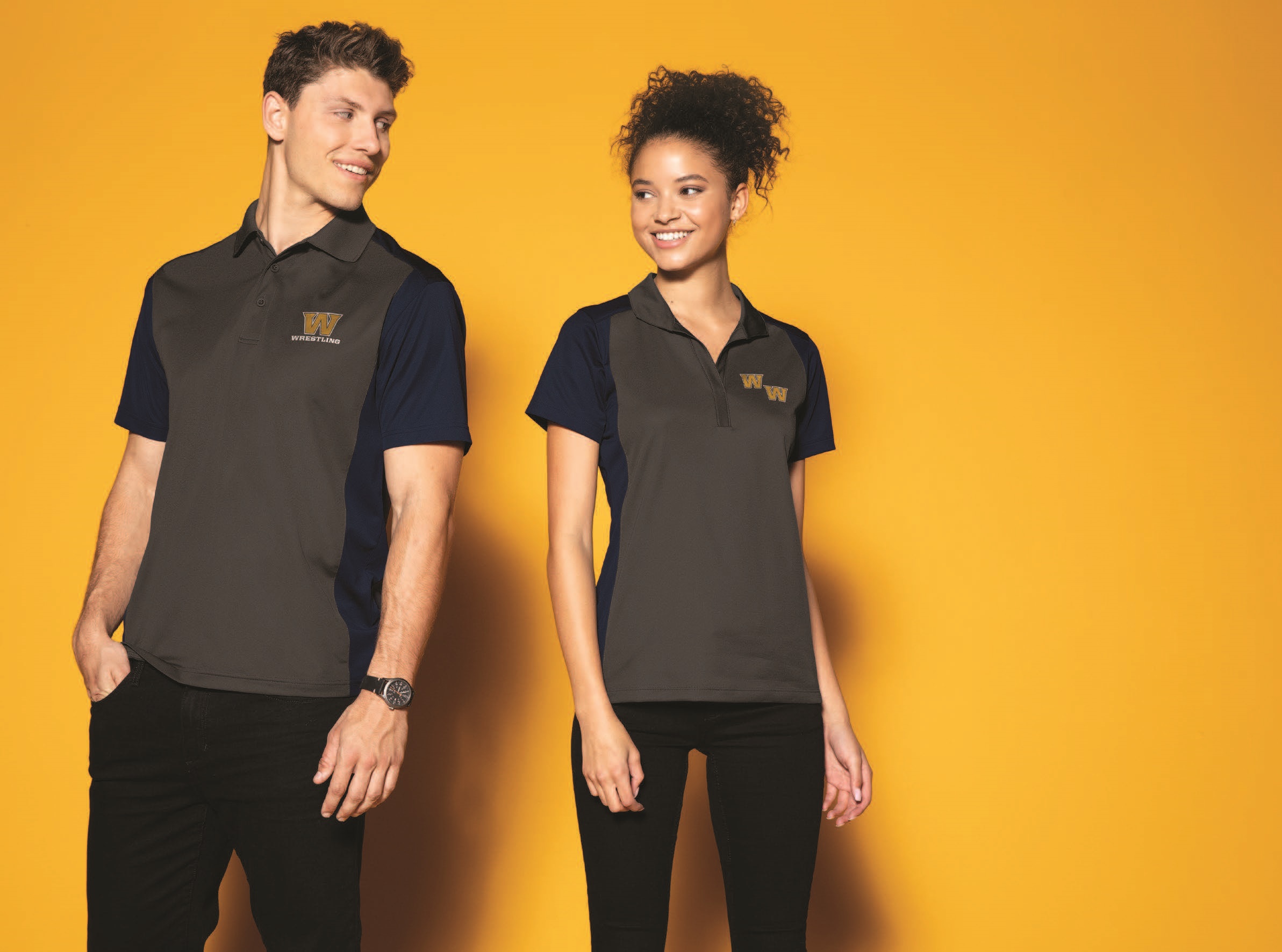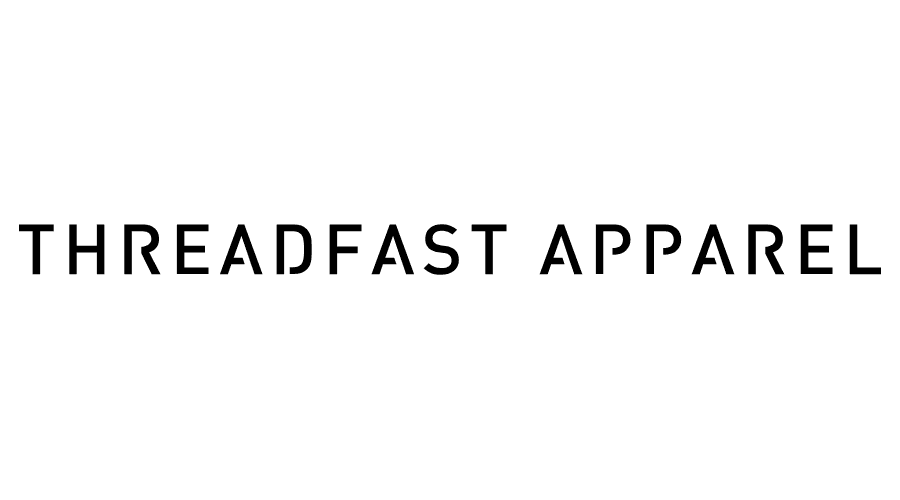Amazon’s presence on the periphery of the promotional products industry has been known for a while, and it’s grouped in with the likes of CafePress, Redbubble and Custom Ink (among others) who are adopting the direct-to-consumer model of custom products sales. To say that Amazon is now a competitor is old news. However, the extent to which it’s competing with the industry might not be fully clear, as its lesser known Merch by Amazon program is still in a stage of growth, but has attracted some huge names.
The service is currently invite-only (though creators can request to be invited), and works similarly to CafePress: Users upload artwork, and Amazon pretty much takes care of the rest. That means producing the items, creating a sales page on Amazon, and handling the shipping.
According to an article published today by Yahoo Finance, Merch by Amazon started as a way for video game developers to generate revenue outside of in-app advertising or purchases. On its dedicated Merch by Amazon page, the company lists big-name brands like Disney, Marvel, Cartoon Network, Fortnite and Dr. Seuss as some of its merchandise creators.
Via Yahoo Finance:
Developers upload their own T-shirt designs, then Amazon prints it on demand and sells it. For each T-shirt sold, the design creator earns a royalty that increases based on sales and does not have to spend money on manufacturing and fulfillment work.
Soon Merch by Amazon expanded beyond the game fans circle, as holiday-themed designs and political slogans sprung up. Unlike other Amazon private label products, it’s not easy to tell which T-shirt is made by Amazon. Most customers […] don’t realize a shirt is printed inside Amazon factories.
Amazon is currently capable of printing designs on two types of T-shirts in 15 sizes and 21 colors. It also offers printing on long sleeve T-shirts and sweatshirts.
Also, Amazon is focusing on digital printing for its apparel production to keep its reliance on manpower as lean as it can, and decrease production time.
“In that analog printing of textile, there is a lot of labor to set up the machine,” Brian Drab, an analyst covering industrial technology for William Blair, told Yahoo Finance. “In digital printing, all of that setup we’ve talked about doesn’t exist. There is very little labor with digital compared with the labor in analog.
For now, the company is mainly printing and selling soft goods, but it’s currently testing popular promotional items like pop sockets and cell phone cases.
“I can tell you anything that you can print on demand, we’re considering it,” Miguel Roque, director of Merch by Amazon, told Yahoo. “The key thing is that we are able to produce it at scale, and with a degree of quality that we think both brands and customers will really be satisfied with.”
To accomplish that, Amazon has been hiring large numbers of people to work in its warehouses across the country. Last year, Amazon opened a new, 110,000 sq. ft. facility in Norristown, Pa., outside of Philadelphia.
With its growing production capabilities, mixed with the wide use and e-commerce abilities Amazon is known for, it could create one of the biggest sources of competition in the industry.
“No one can match the size [of] the Amazon marketplace,” Ken Reil, a graphic designer who used to work with TeeSpring and now uses Amazon, told Yahoo. “There is a lot of organic traffic. Amazon has people already there searching for products.”
As Amazon extends its product offering to products commonly offered throughout the industry, like those pop sockets, it could put even more pressure on companies only using the supplier-distributor model.
Direct-to-consumer companies have made their presence harder to ignore in recent years, and this move from Amazon could be its most substantial yet.



